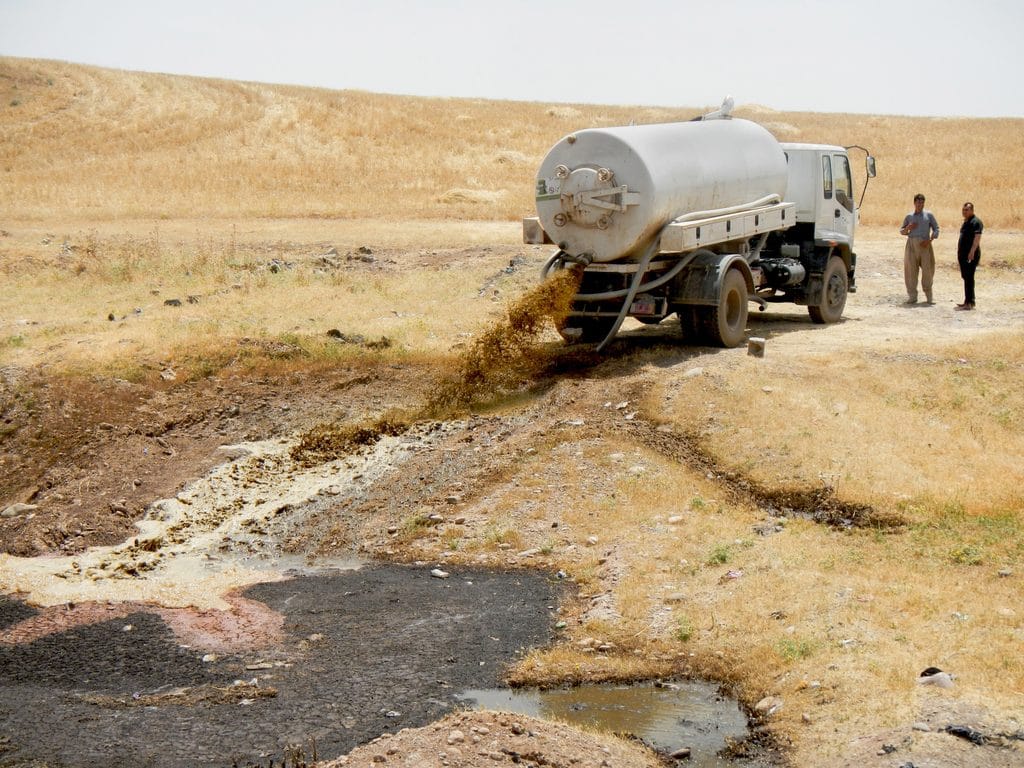Two public agencies will collaborate to improve the management of sewage sludge in Ivory Coast. These are the National Office of Sanitation and Drainage (Onad) and the People’s Bank of Cote d’Ivoire (BPCI). The two organisations have launched a loan guarantee fund to finance the activities of sludge and septic tank operators.
Non-community sanitation actors now have a budget of 250 million CFA francs (more than 381,000 euros) that they can use to carry out their projects. According to Amara Sanogo, Director of the National Sanitation and Drainage Office (Onad), the fund will also enable the implementation of programmes that focus mainly on raising household awareness for the construction of individual facilities to standards. “These programmes also focus on the identification, organisation, accreditation and technical, logistical and managerial capacity building of the emptying actors,” explains Amara Sanogo.
For this manager, 90% of operators in the non-collective sanitation market in Côte d’Ivoire lack the financing to increase their production assets. This situation is explained by the lack of financial institutions specialised in the non-collective sanitation subsector, hence the choice made by the People’s Bank of Cote d’Ivoire (PBCI), the former National Credit and Savings Bank (Cnce).
This business climate may explain the situation on the ground. According to the United States Agency for International Development (USAID), 40% of residents in Abidjan alone do not have access to personal sanitation systems. Faecal sludge management remains a problem with transfer stations that lack maintenance and emptying trucks that only suck up liquid waste. Storage and containment tanks are of poor quality and leaky. In addition, waste is often dumped illegally. Will the Onad Fund and the BPCI initiative improve non-collective sanitation in the country? Its impact will be measured within a few months or years.
Jean Marie Takouleu
